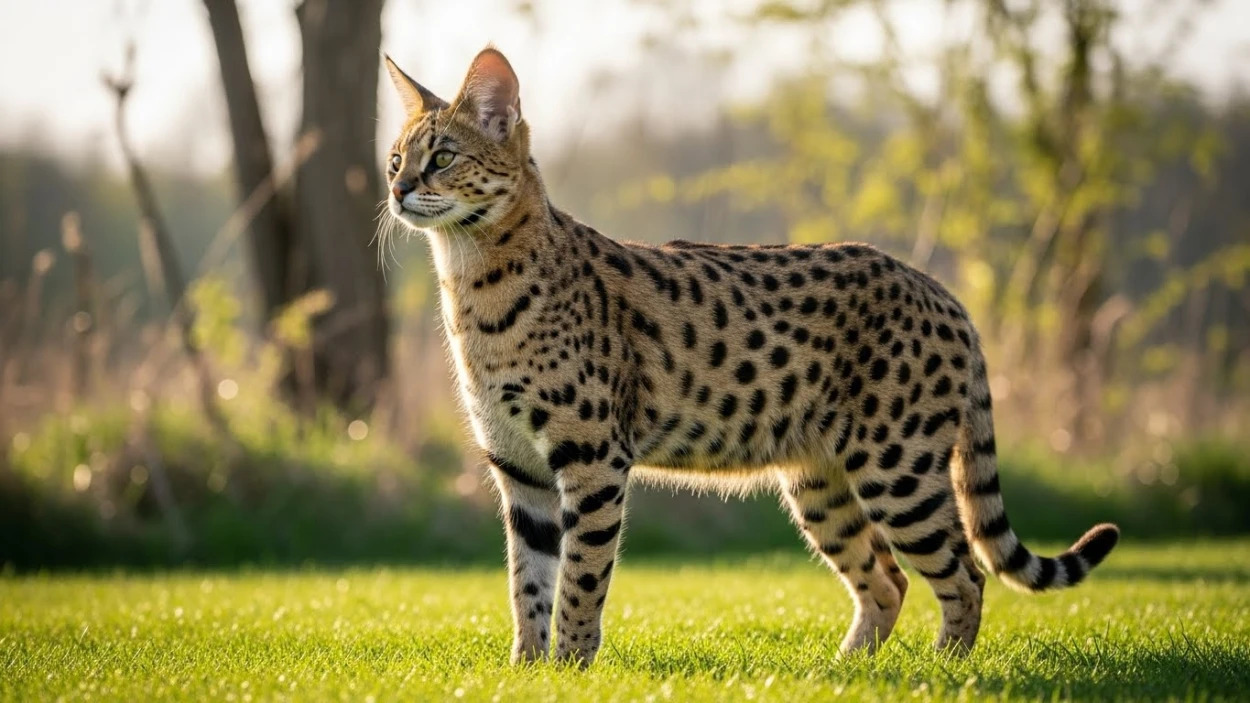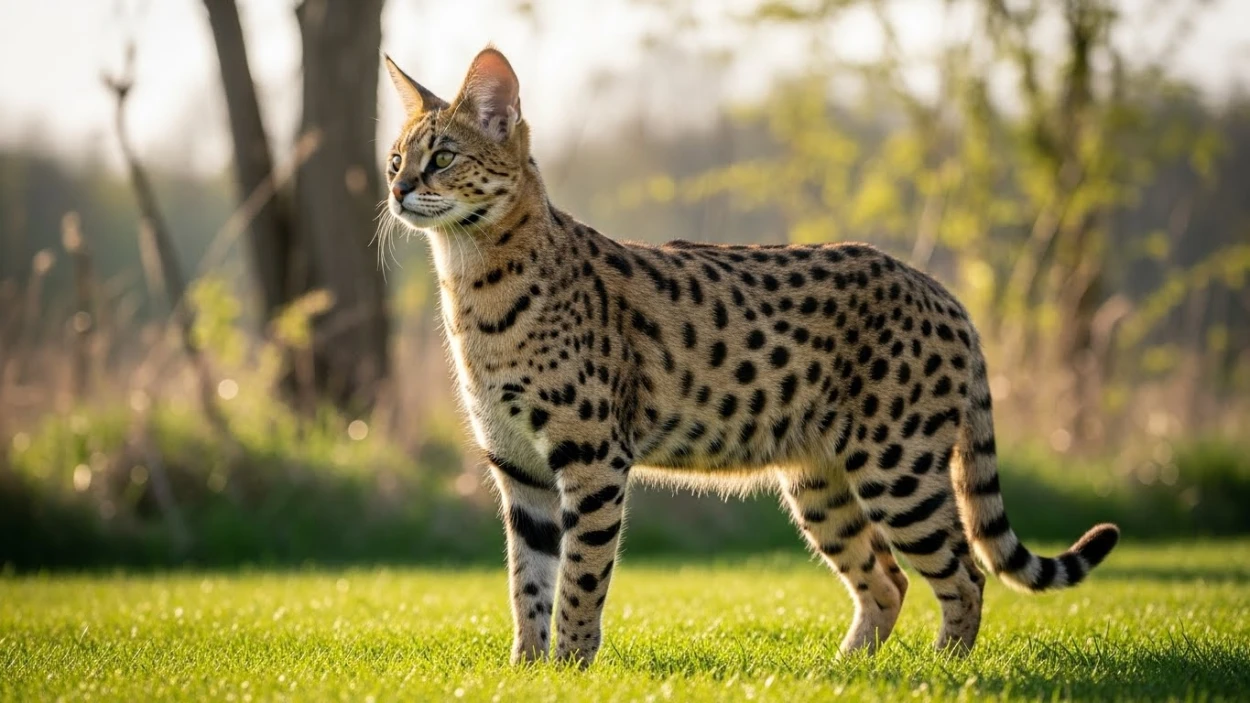For many people, the love for cats is undeniable, but unfortunately, so are allergies. Cat allergies can range from mild discomfort to severe reactions, making it challenging for allergic individuals to enjoy the company of these furry companions. However, there's a glimmer of hope for cat lovers with allergies in the form of hypoallergenic cats.
Understanding Cat Allergies
Cat allergies stem from proteins found in a cat's skin cells, saliva, and urine. These proteins, known as allergens, can trigger allergic reactions in sensitive individuals.
Symptoms of cat allergies may include sneezing, itching, watery eyes, and in severe cases, asthma attacks.
Hypoallergenic Cats Meaning
Hypoallergenic cats are breeds or individuals that produce fewer allergens compared to other cats. While no cat is completely hypoallergenic, certain breeds such as the Sphynx, Siberian, and Balinese are known to produce fewer allergens due to their coat type or genetic makeup.
The 15 Best Hypoallergenic Cat Breeds
There are common misconceptions about hypoallergenic cats, such as the belief that they are completely allergen-free or that their fur is the primary source of allergens.
Educating oneself about these myths can help individuals make informed decisions about adopting hypoallergenic cats.
1. Siberian Cats
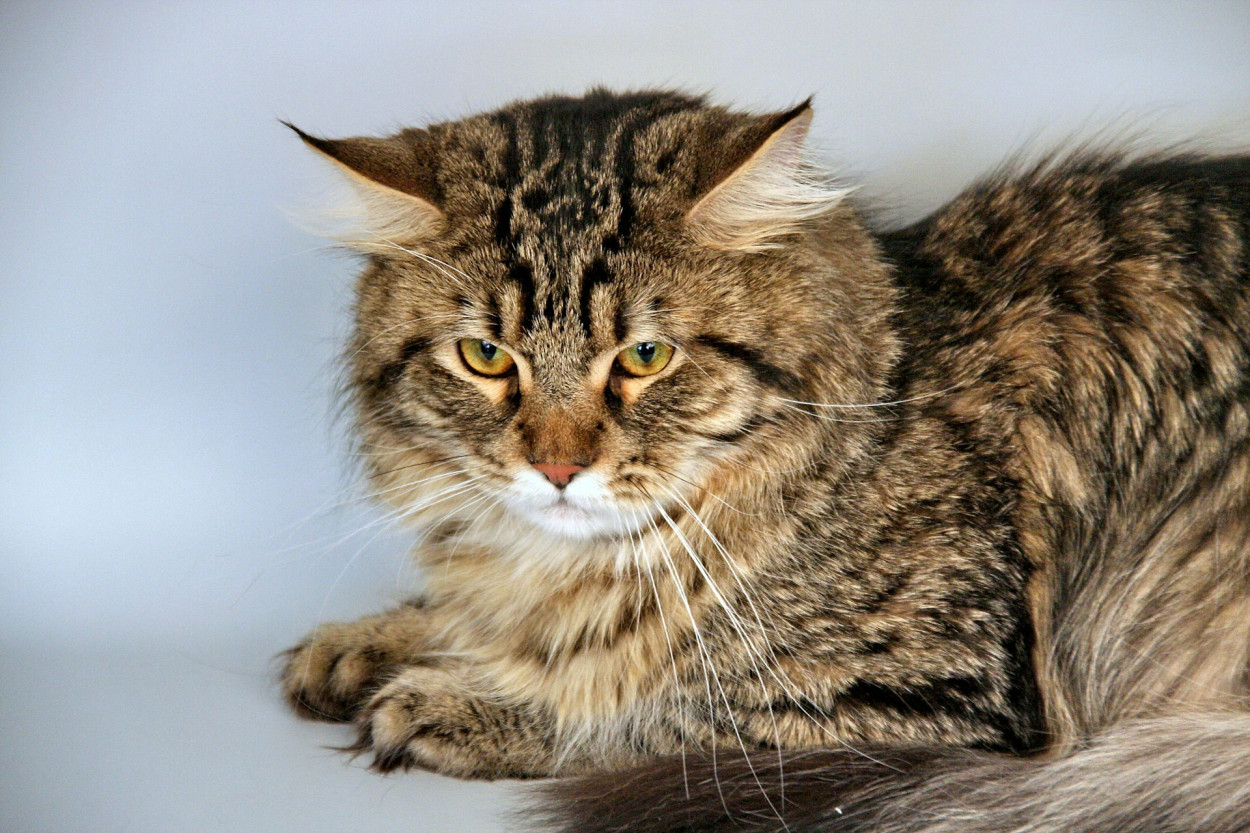
Siberian cats are a popular choice for those with allergies due to their hypoallergenic qualities, despite their thick, long hair. They are believed to produce less of the Fel d 1 allergen compared to other cats, although scientific evidence is limited.
Despite their grooming needs, Siberians hypoallergenic cats are known for being friendly, affectionate, and excellent family pets. Regular weekly brushing is typically sufficient to maintain their thick coats.
2. Sphynx Cats
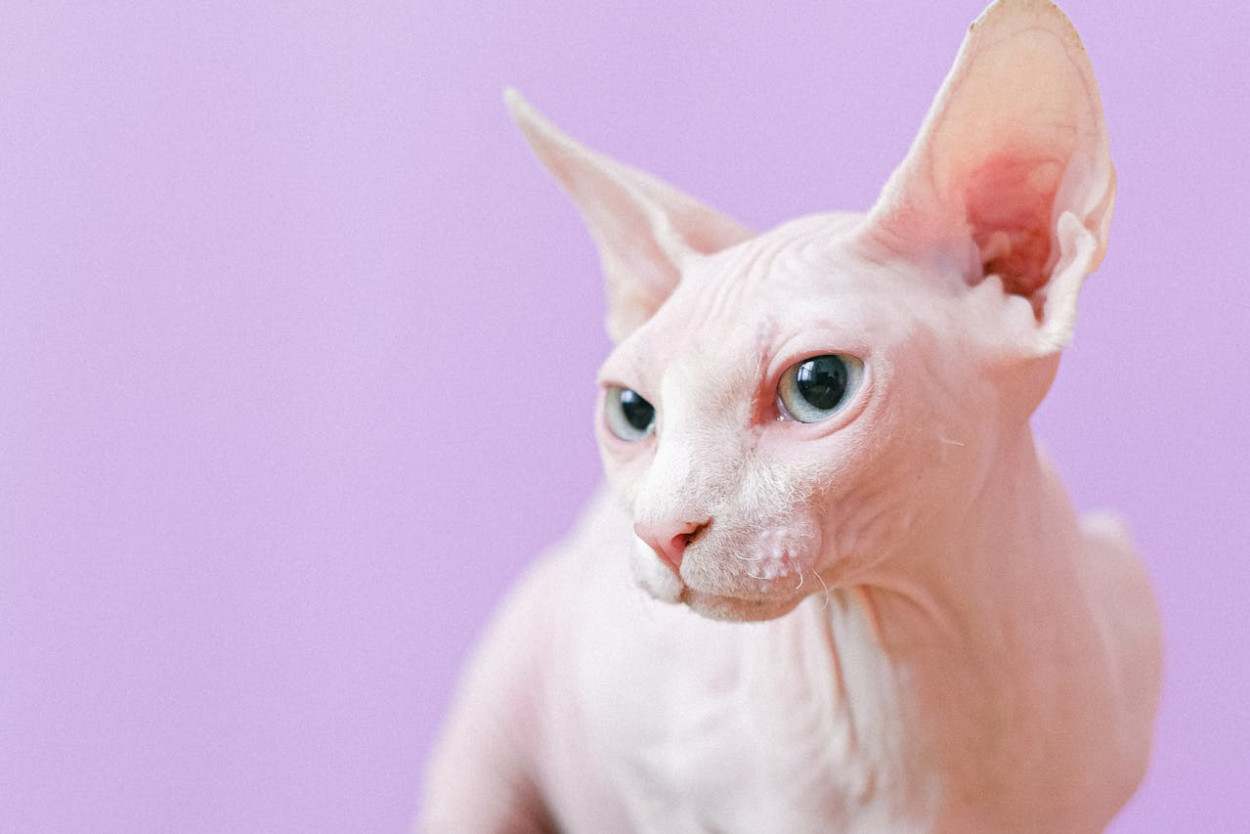
Sphynx cats, despite their 'hairless' appearance, have a fine fuzz and produce dander like other breeds. Their near-nakedness makes them hypoallergenic, producing fewer allergens than furry breeds.
Regular grooming is necessary for healthy skin and to reduce allergens, though they're not entirely hypoallergenic cats. Despite this, Sphynx cats are friendly, intelligent, and playful, showing loyalty akin to dogs.
3. Siamese Cats

The Siamese hypoallergenic cats is thought to be low-allergen, with a short coat that sheds less, reducing allergen production. Siamese cats affectionate nature can trigger allergies in some people, and they require attention, making them unsuitable for homes with prolonged absences.
Consulting a vet for Siamese-specific care, including diet, is crucial for their well-being.
4. Bengal Cats
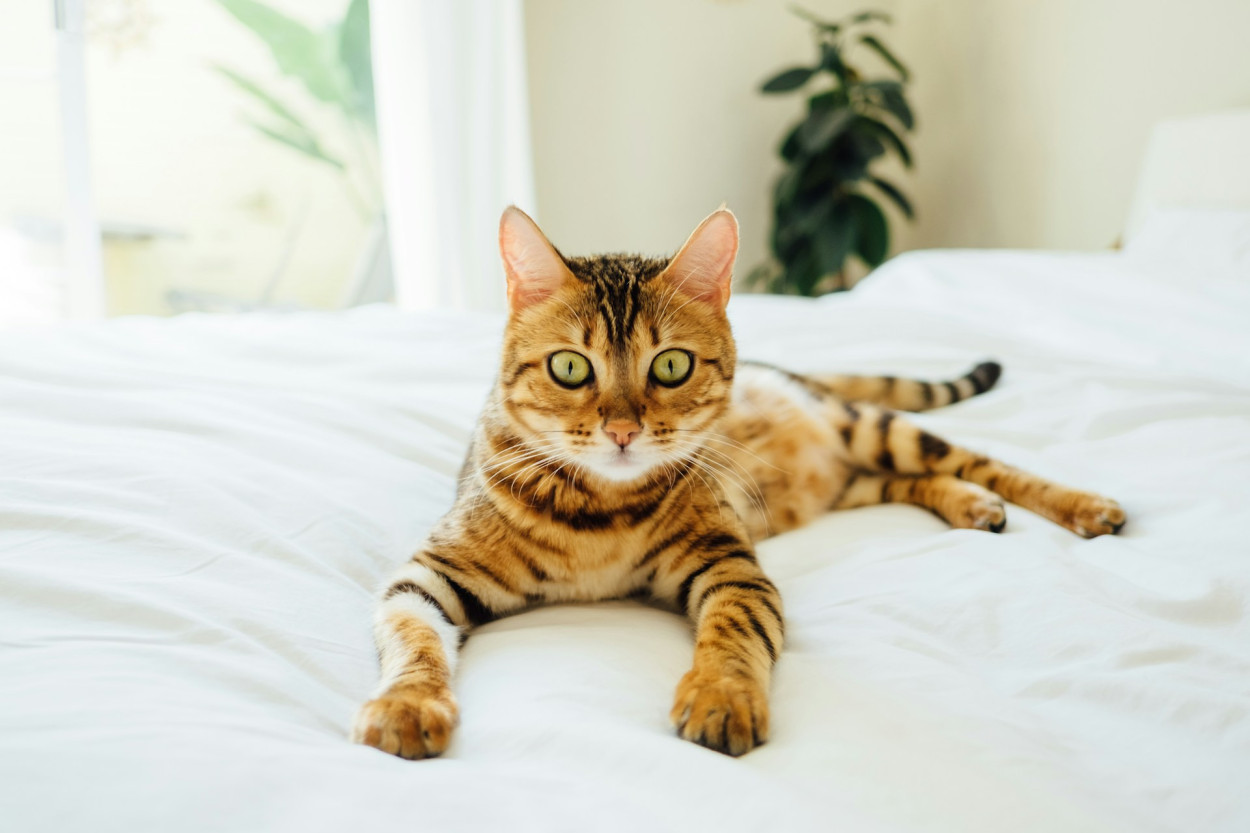
Bengal hypoallergenic cats can be a good choice for allergy sufferers due to their low-maintenance and low-shedding coat, despite producing the same amount of allergens as other breeds.
They are affectionate, smart, and playful, with a high energy level, stemming from their wild ancestry. However, Bengal's energetic nature can be challenging for some owners, and there are city regulations or bans in some areas.
5. Russian Blue Cats
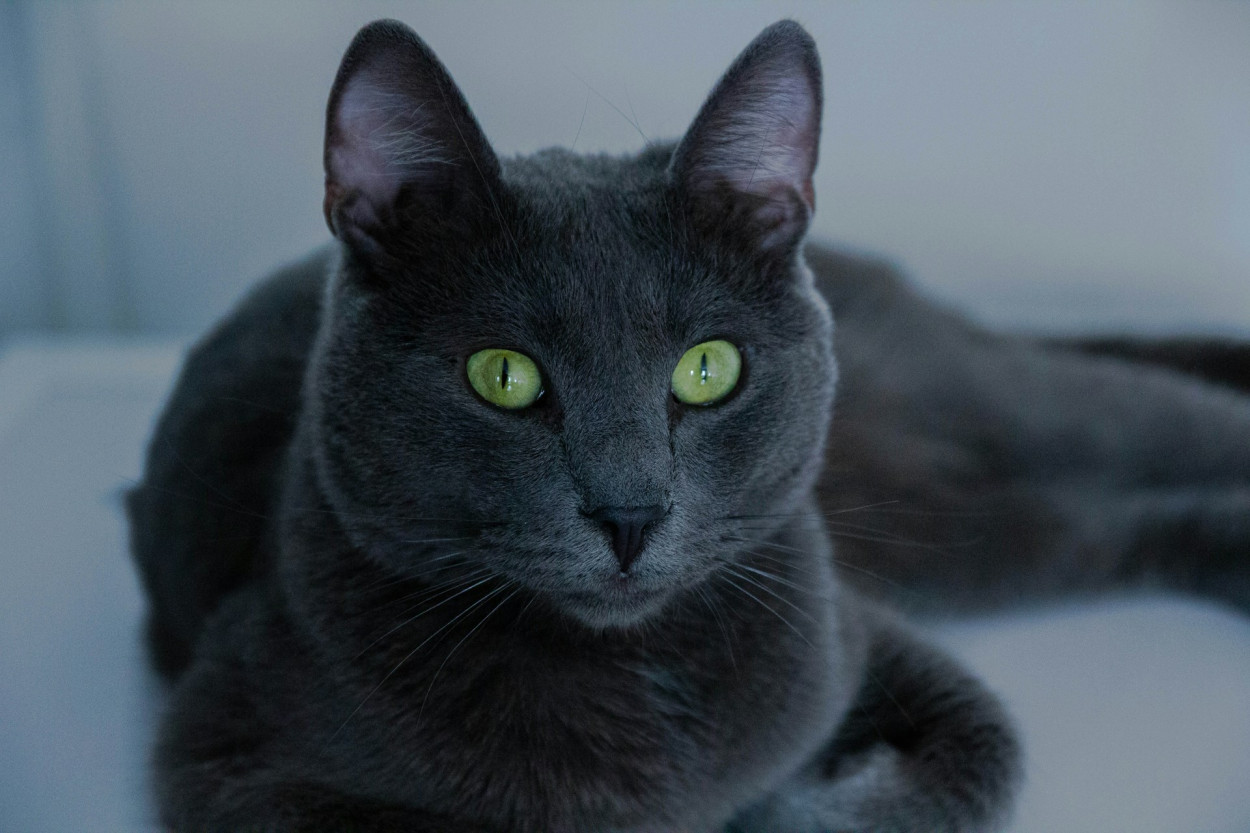
Russian Blue hypoallergenic cats are known for their even temperament and suitability for people with mild cat allergies. Their low-shedding coat requires minimal grooming, usually just weekly brushing.
These affectionate and quiet cats enjoy spending time with their owners but may be shy around strangers. While they shed a bit more than some hypoallergenic breeds, regular grooming can help minimize allergens.
Overall, Russian Blues are gentle, adaptable pets, although they may not be suitable for those with severe allergies.
6. Devon Rex Cats
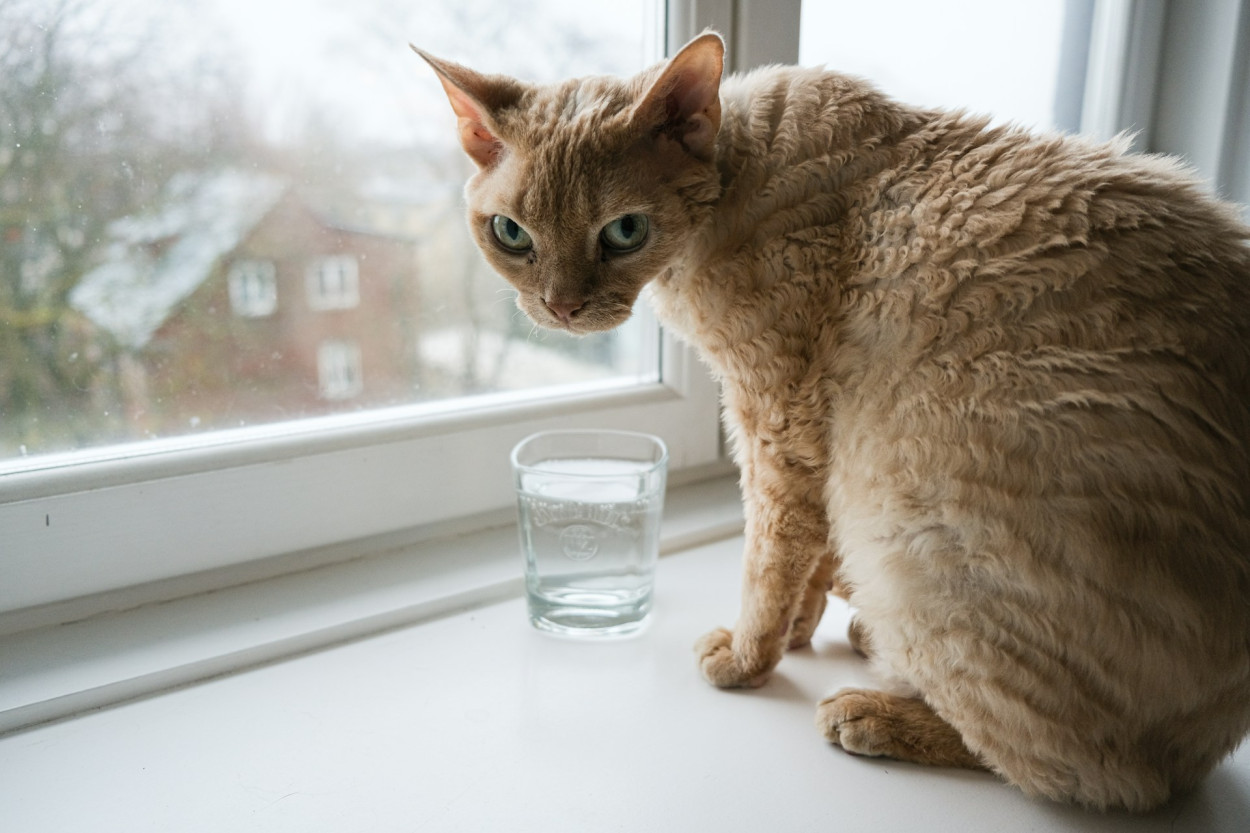
The Devon Rex hypoallergenic cats, known for its short, curly hair, is a great choice for allergy sufferers due to its low shedding and minimal dander spread. This affectionate and intelligent breed requires a lot of attention and prefers to be involved in family activities.
While they are outgoing and playful, they may not be suitable for households with prolonged absences. Their thin, fine coat requires minimal grooming, making them relatively low-maintenance. Devon Rex cats are energetic, enjoy being engaged, and are known for their loud purring and mischievous tendencies, requiring supervision to prevent trouble.
7. Cornish Rex Cats
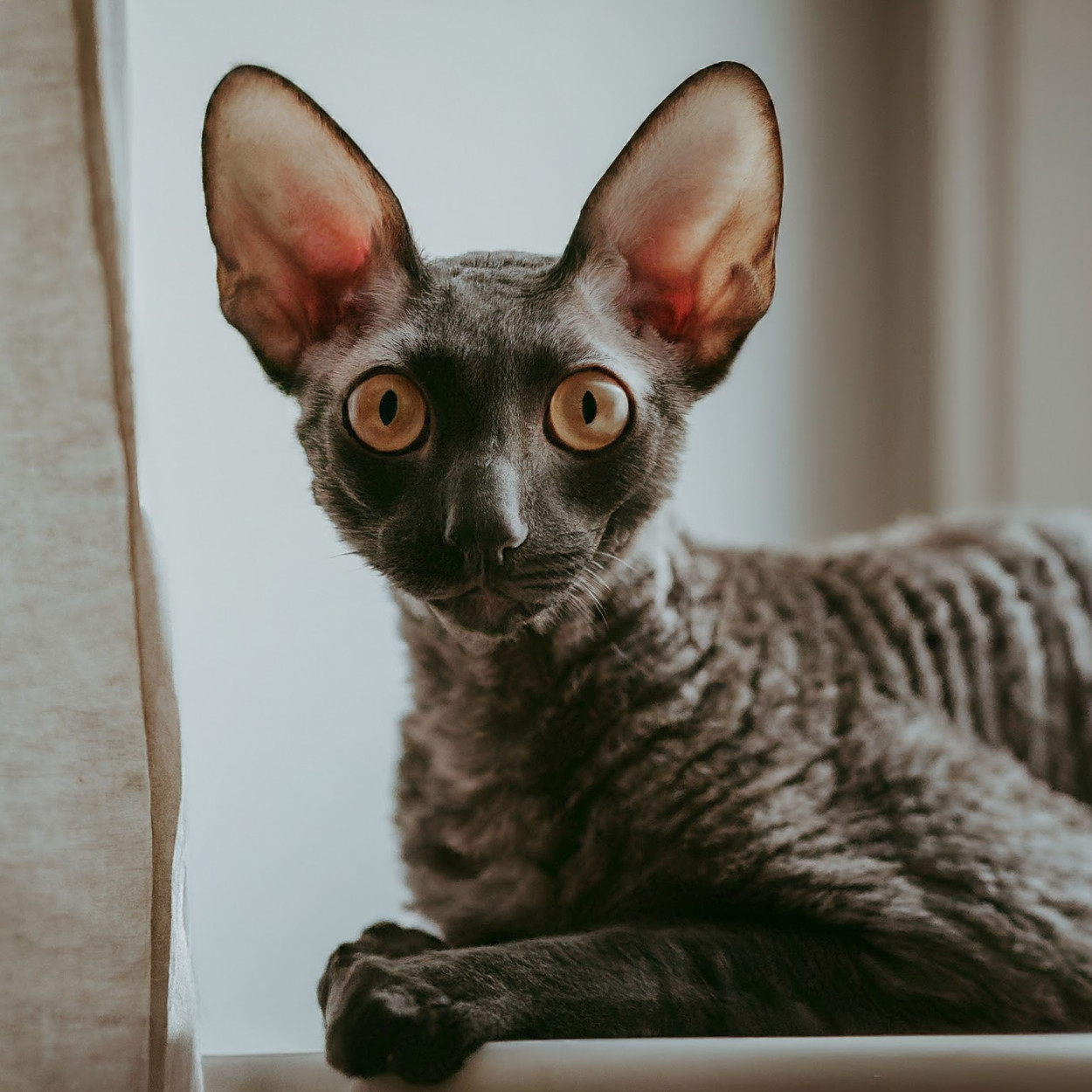
Cornish Rex hypoallergenic cats have short, wavy coats that shed less dander compared to long-haired or dense-coated cats.
They are intelligent, active, and enjoy being the center of attention, making them unsuitable for those seeking low-maintenance pets. Similar to the Devon Rex, Cornish Rex cats are affectionate and popular with families, needing regular playtime and grooming to maintain their curly coat.
Despite their active nature, their low shedding makes them tolerable for allergy sufferers, and they are playful, curious, and love interaction.
8. Javanese Cats
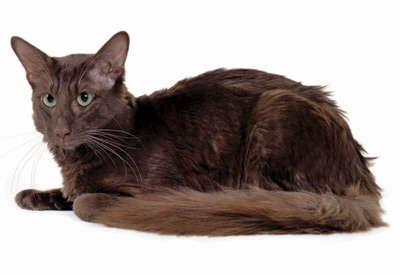
The Javanese is hypoallergenic cats due to its crossbreeding between a Balinese and Colorpoint Short-hair. Their long hair, lack of an undercoat, and minimal shedding make them ideal for mild cat allergies, requiring only weekly brushing.
These cats are talkative, intelligent, playful, and crave attention. Regular grooming prevents matting and maintains their low-allergen status. Javanese cats are smart, athletic, and low-shedding, making them a perfect choice for interactive and allergy-friendly pets.
9. Balinese Cats
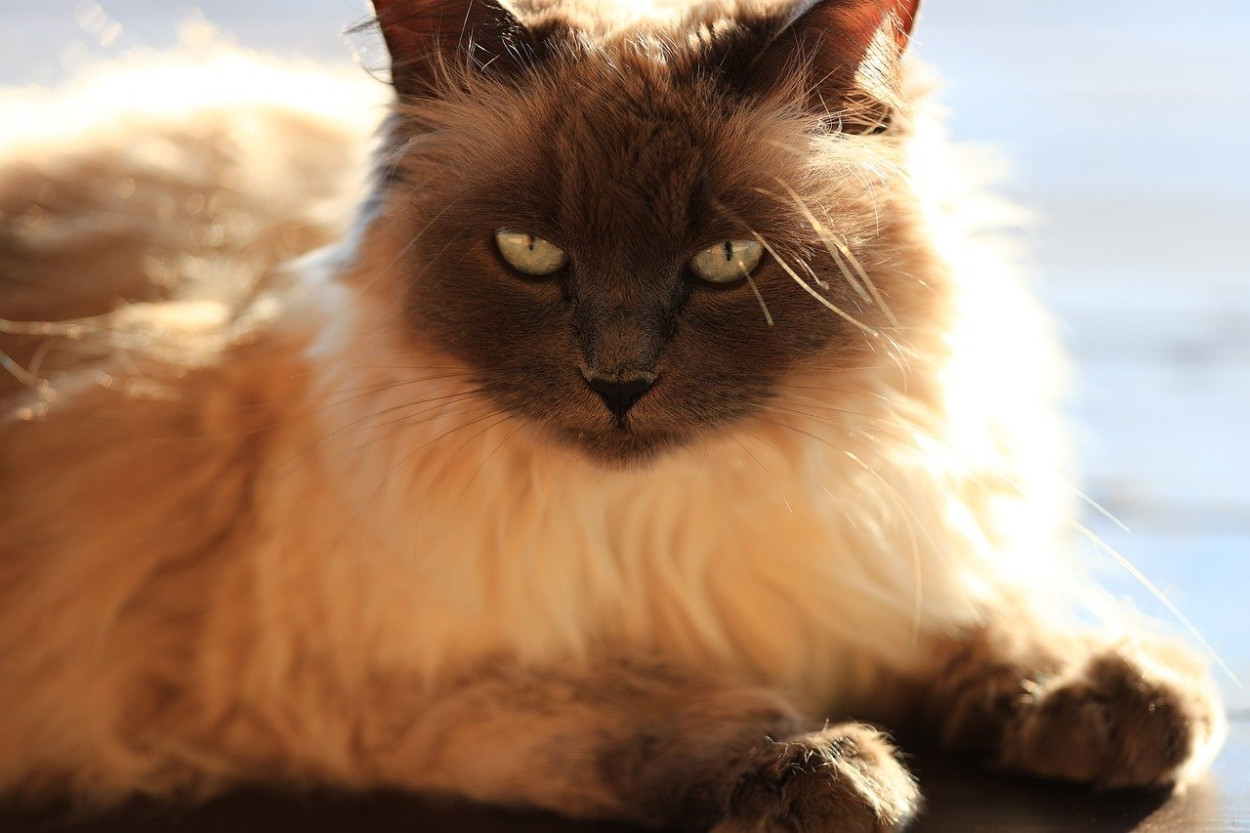
The Balinese hypoallergenic cat, known as the "long-haired Siamese," is a low-shedding breed with a longer coat and full plume tail.
Despite their coat length, they require minimal grooming and are suitable for families, including those with children. Balinese's are intelligent, trainable, and social, with less of the Fel d 1 protein, making them suitable for allergy sufferers.
10. Oriental Cats
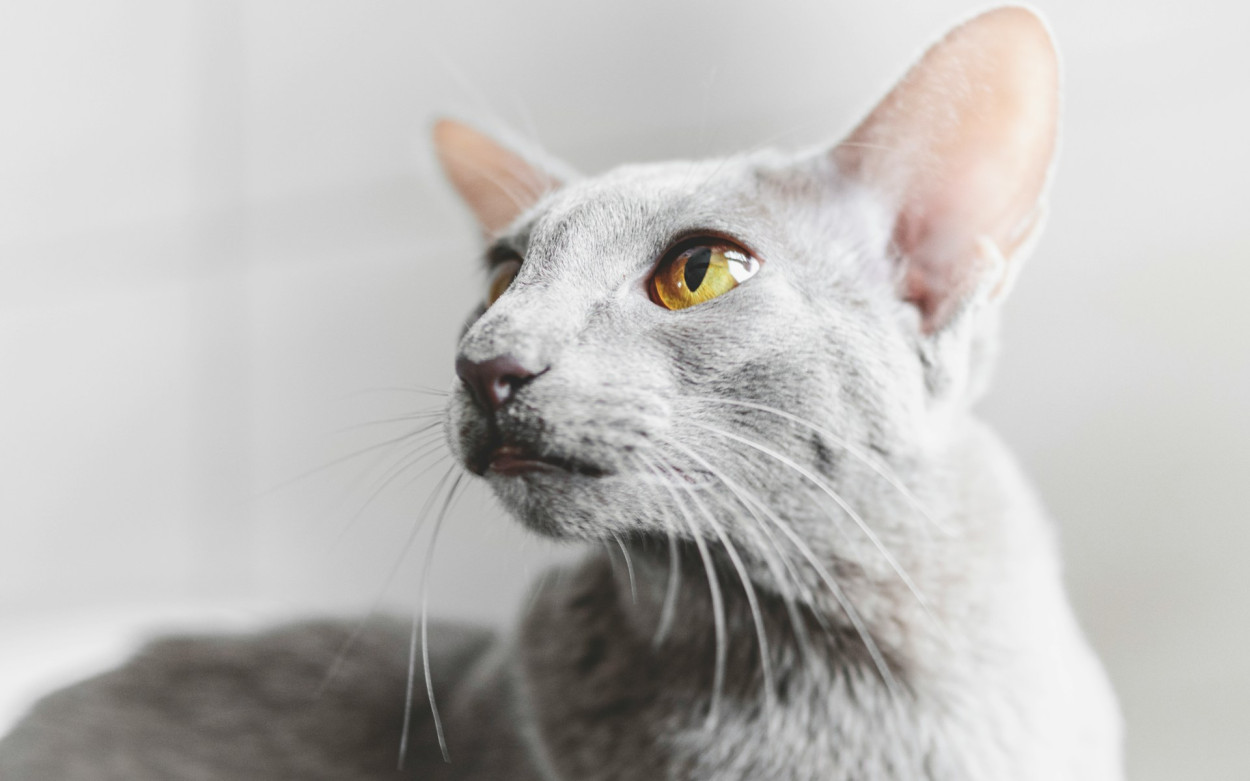
Oriental hypoallergenic cats are a blend of various breeds, prized for their athleticism, playfulness, and intelligence. They need moderate grooming, benefiting from damp cloth rubs to reduce allergens.
Oriental Short-hairs are low-maintenance with sleek coats, making them suitable for allergy sufferers. Oriental's are intelligent, playful, and have a distinctive meow. Regular grooming maintains their silky coat and minimizes shedding.
11. Burmese Cats
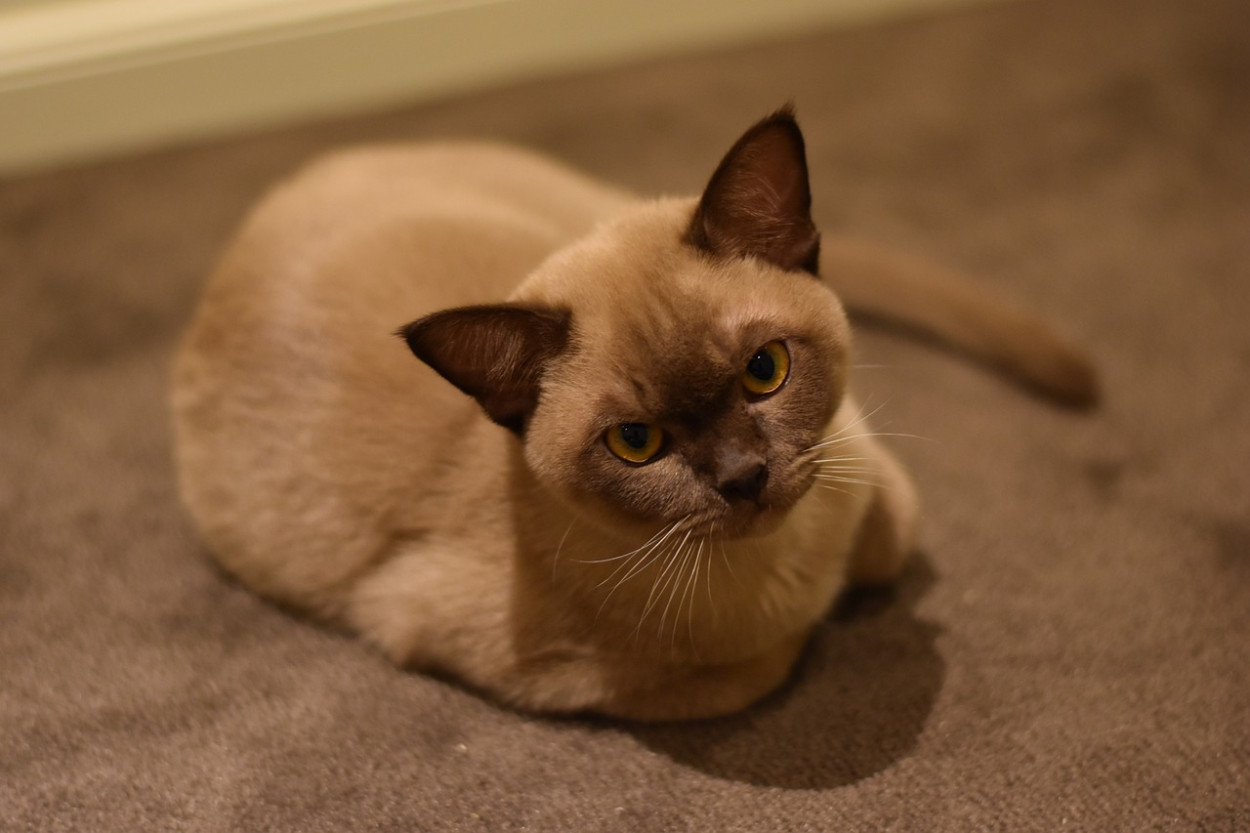
Burmese cats are low shedders, making them less likely to trigger allergies and requiring minimal brushing. They are friendly, affectionate, and playful, with high exercise needs and a love for human companionship.
Burmese cats are energetic, talkative, and enjoy spending time with their family and other pets. While they have short, silky coats and are low maintenance, daily brushing helps keep their coats healthy.
Overall, Burmese cats are hypoallergenic, affectionate, smart, and high-energy, requiring plenty of playtime and exercise.
12. Ocicat Cats
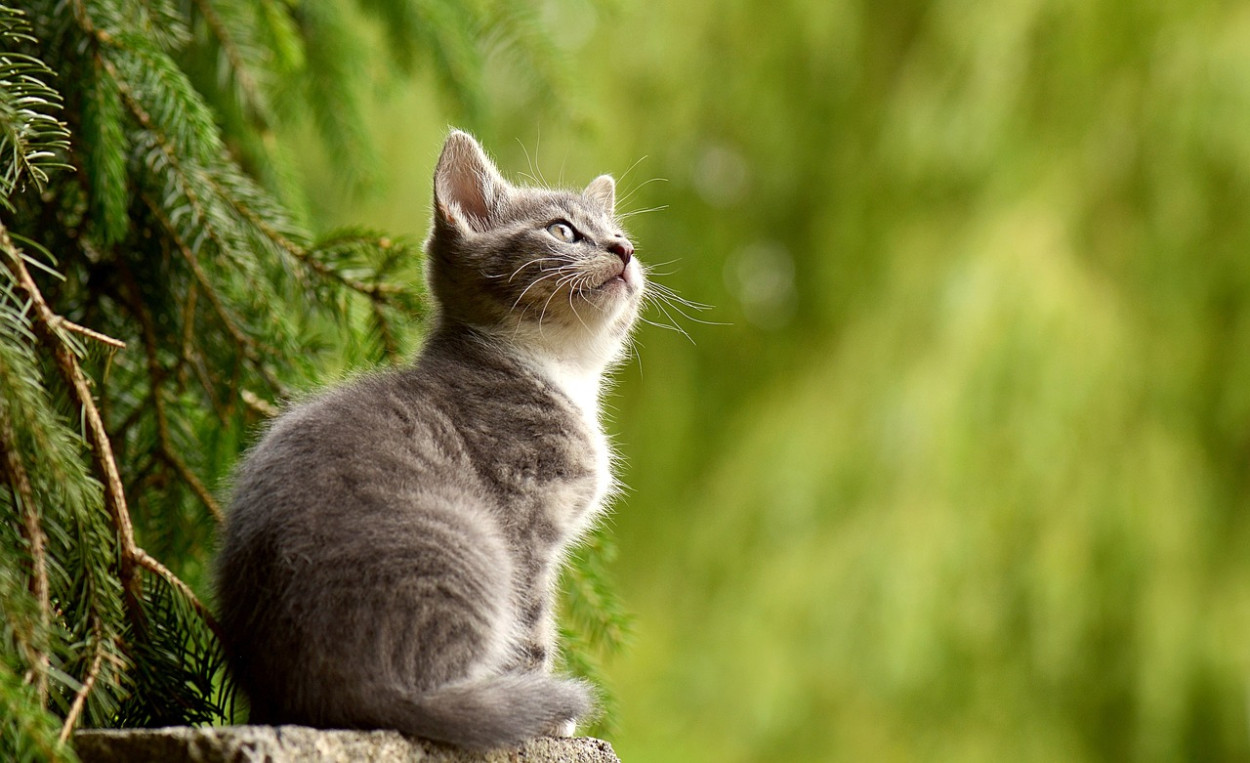
The Ocicat is a stunning and lively breed with a wild appearance. They are vocal, playful, and friendly, making them trainable and suitable for allergy sufferers due to their minimal shedding.
Regular brushing helps maintain their coat. Resembling miniature Ocelots, Ocicats are intelligent, athletic, and high-energy, benefiting from companionship and occasional baths.
They are low shedders and benefit from grooming to manage dead hair.
13. Selkirk Rex Cats
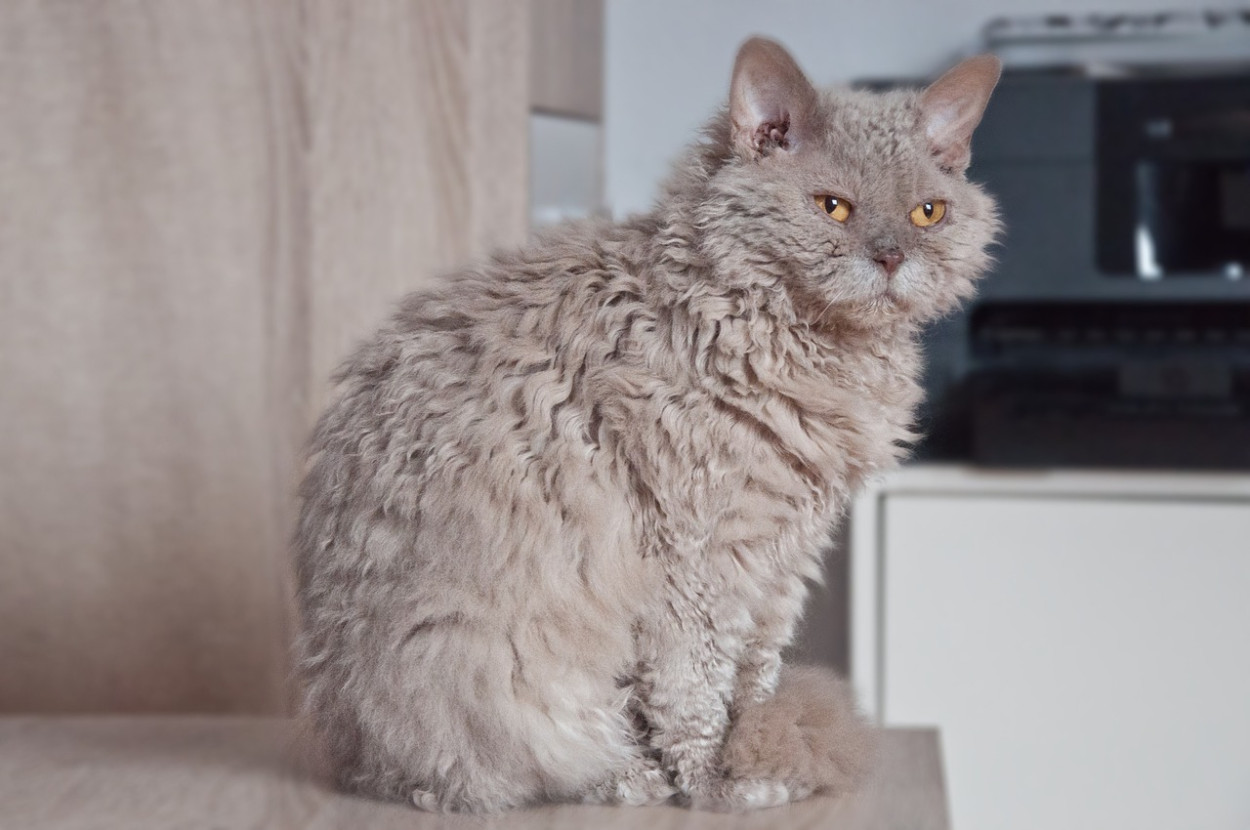
Selkirk Rex cats are hypoallergenic due to their low shedding and reduced dander production.
Their unique curly coats come in various colors and patterns, requiring minimal grooming compared to other long-haired breeds.
Despite their curly fur, they are friendly, affectionate, and enjoy human company, making them an ideal choice for allergy sufferers seeking a cuddly companion.
14. Oriental Shorthair Cats
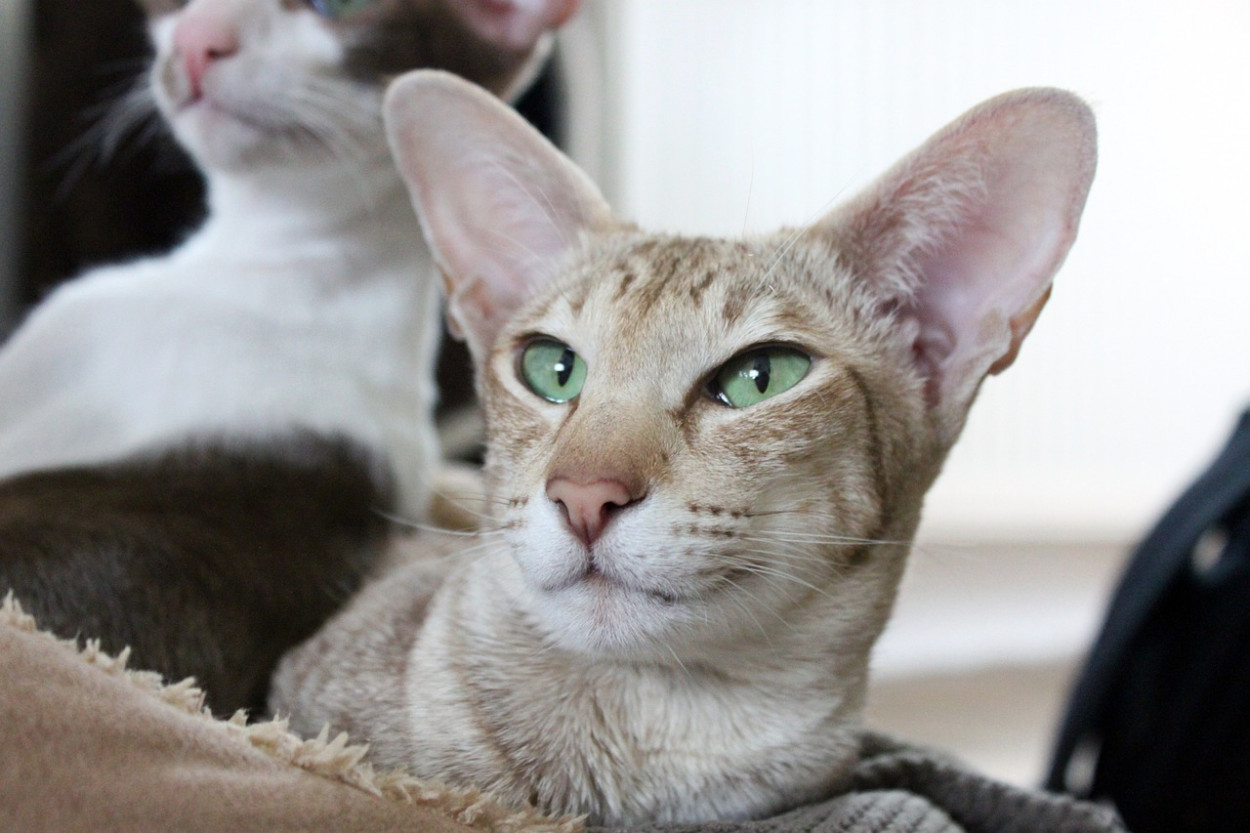
Oriental Shorthair cats are hypoallergenic due to their short, sleek coats and minimal shedding, making them ideal for allergy sufferers.
Their lack of an undercoat reduces allergen spread, while their playful and intelligent nature makes them delightful companions for those seeking a hypoallergenic and affectionate cat breed.
15. Colorpoint Shorthair Cats
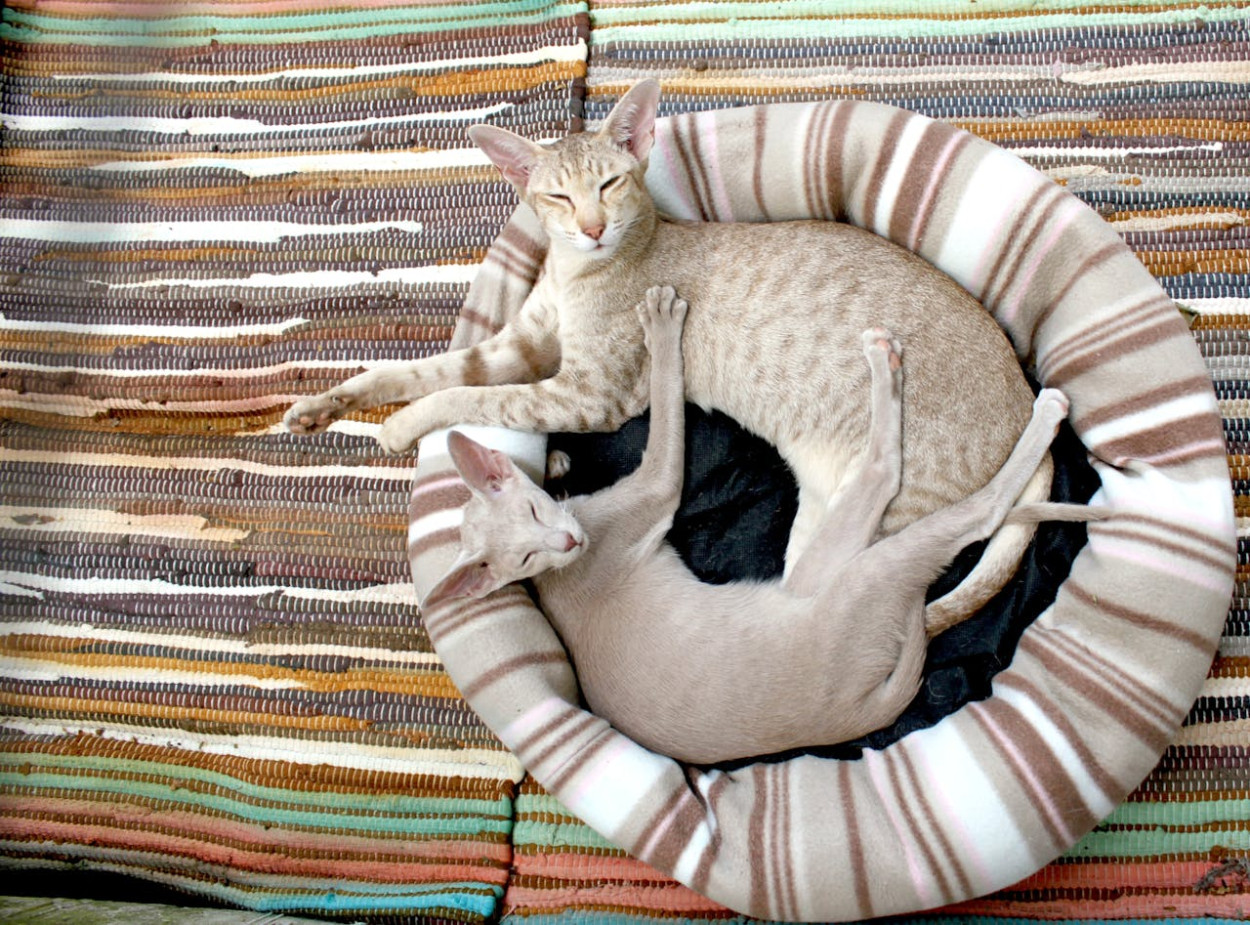
The Colorpoint Shorthair cat is hypoallergenic thanks to its short coat and minimal shedding, making it a good choice for allergy sufferers.
Their friendly nature and striking appearance, with color points, make them delightful companions for those seeking an affectionate and low-allergen cat breed.
Benefits of Hypoallergenic Cats
One of the primary benefits of hypoallergenic cats is the reduced risk of allergic reactions for sensitive individuals. By choosing a hypoallergenic breed, cat lovers with allergies can experience fewer symptoms and enjoy a better quality of life alongside their feline companions.
Tips for Living with Hypoallergenic Cats
Living with a hypoallergenic cat requires proactive measures to minimize allergen exposure. Creating an allergy-friendly environment by using HEPA air filters, regularly grooming the cat, and keeping living spaces clean can significantly reduce allergen levels and alleviate symptoms.
Conclusion
Hypoallergenic cats offer a ray of hope for cat enthusiasts with allergies, providing an opportunity to experience the joys of pet ownership without compromising their health.
Understanding cat allergies, choosing the right breed, and implementing allergy management strategies can make living with a hypoallergenic cat a rewarding and fulfilling experience.
FAQs
Are hypoallergenic cats completely allergen-free?
Hypoallergenic cats are not completely allergen-free but produce fewer allergens compared to other cats, reducing the likelihood of triggering allergic reactions in sensitive individuals.
Do hypoallergenic cats require special grooming?
Hypoallergenic cats may require regular grooming to manage their coat and minimize shedding, although they typically need less grooming than other breeds.
Can children with allergies safely live with hypoallergenic cats?
While hypoallergenic cats may be more tolerable for individuals with allergies, it's essential to consult with an allergist or healthcare professional to determine if living with a cat is safe for children with allergies.
What are some common misconceptions about hypoallergenic cats?
Common misconceptions about hypoallergenic cats include believing they are completely allergen-free, suitable for all allergy sufferers, or that they require no grooming or maintenance.
Are there medications or treatments to help manage cat allergies for cat owners?
yes, there are medications, such as antihistamines or allergy shots, and treatments like air purifiers or allergen-reducing products that can help manage cat allergies for cat owners. Consulting with a healthcare professional is recommended to explore suitable options.








